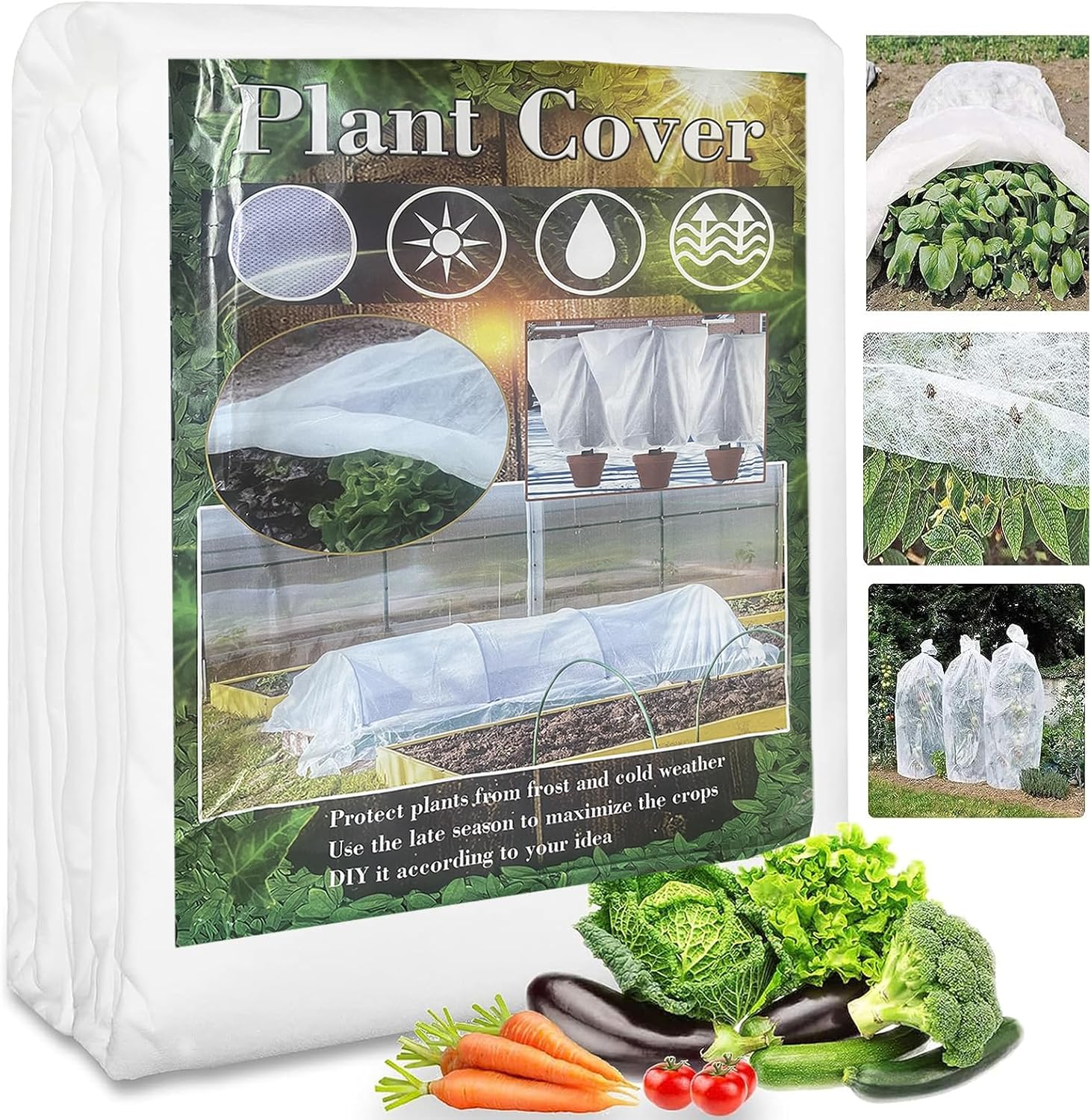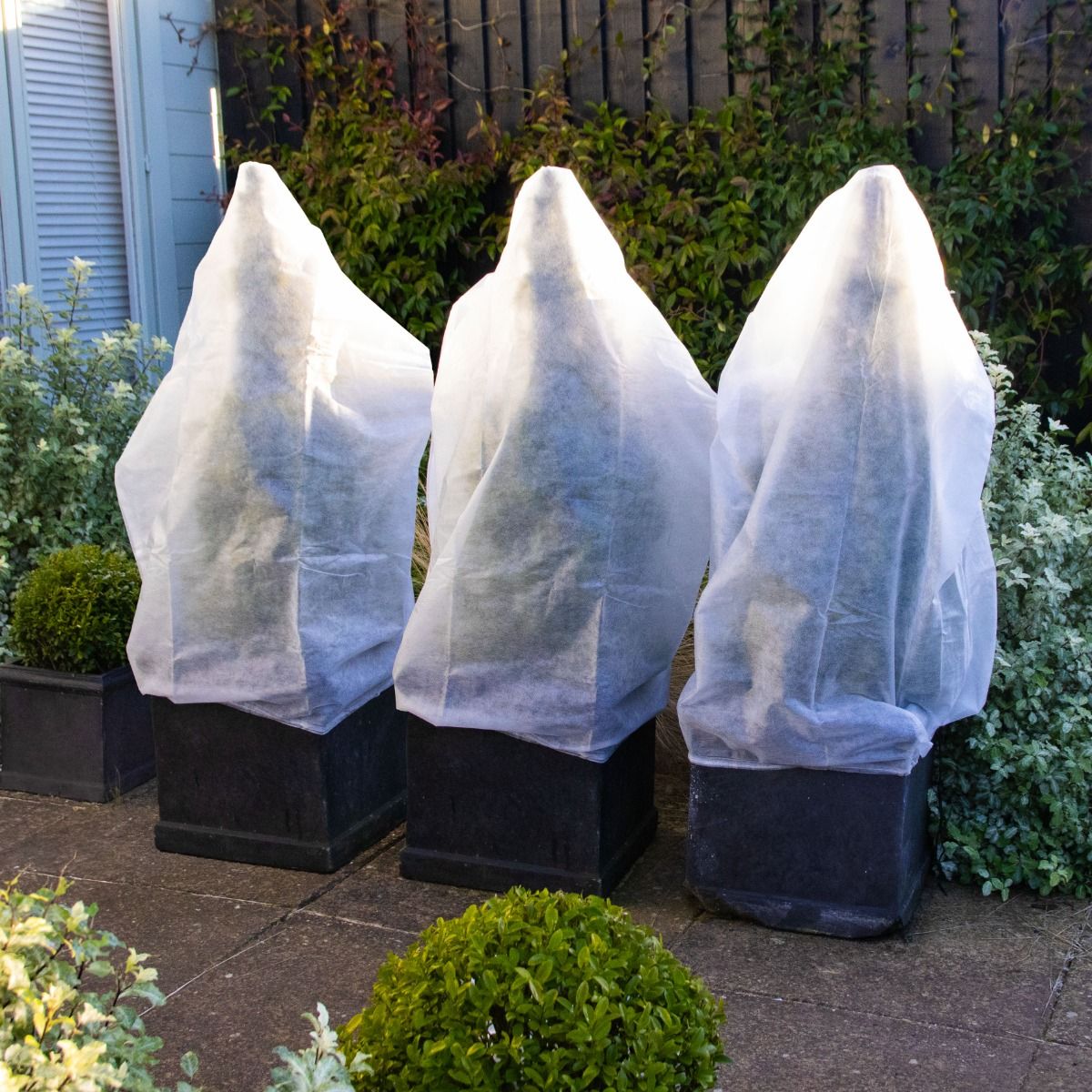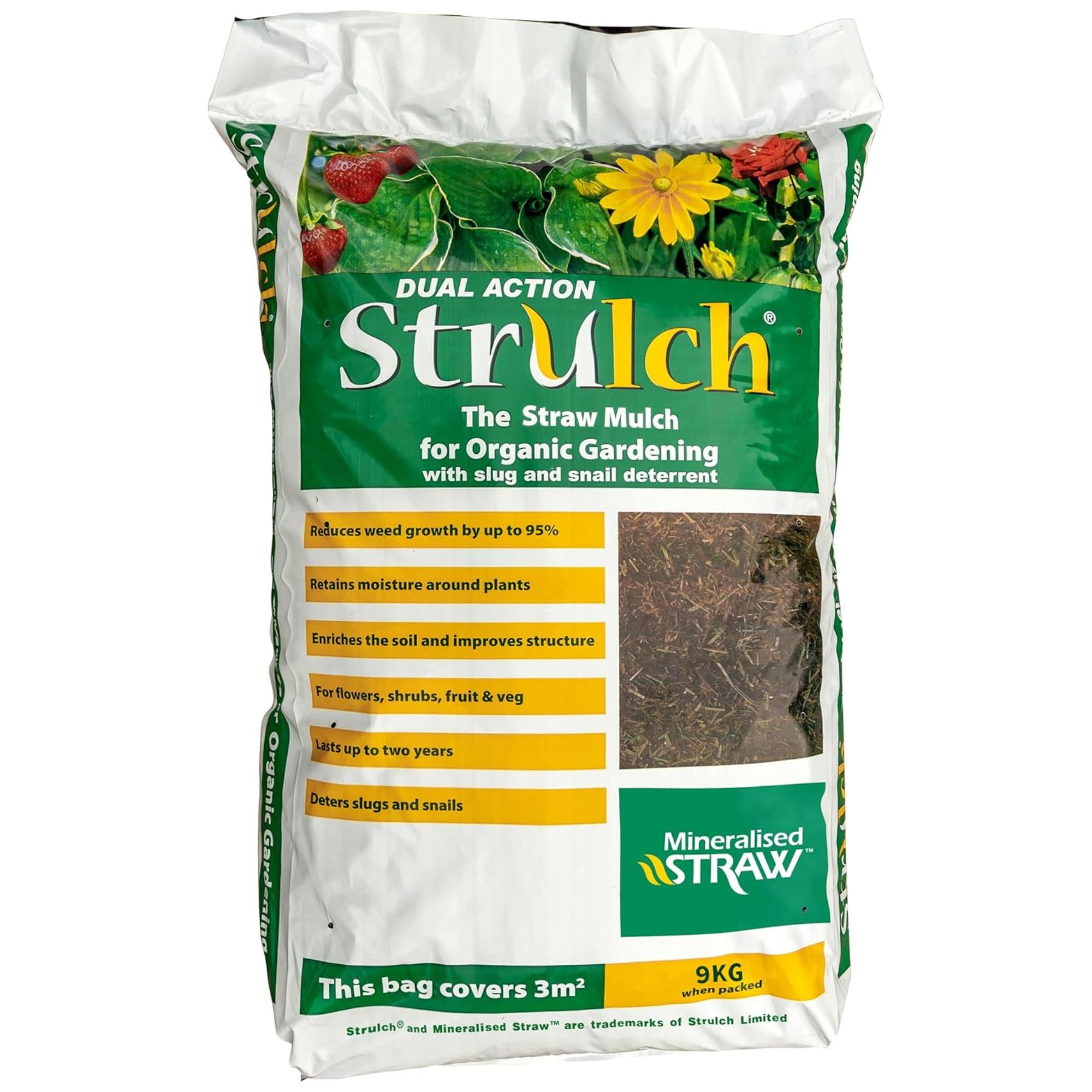The four-degree rule will protect your plants from this month's frosts – and save them from damage before it's too late
Keep an eye on the forecast!


Sign up to our newsletter for style inspiration, real homes, project and garden advice and shopping know-how
You are now subscribed
Your newsletter sign-up was successful
It’s getting chilly out there, with the first frosts slowly sweeping over the UK. That means it’s time to start thinking about frost protection – and it’s worth knowing about the four-degree rule.
It’s pretty self-explanatory: the four-degree rule advises gardeners to start protecting their tender plants when temperatures are predicted to fall to 4°C or less. It’s basically the green light that tells us to start protecting our plants from frost. But is it effective? And does it apply to all plants?
To find out what the four-degree rule means for our gardens, I spoke to the experts.
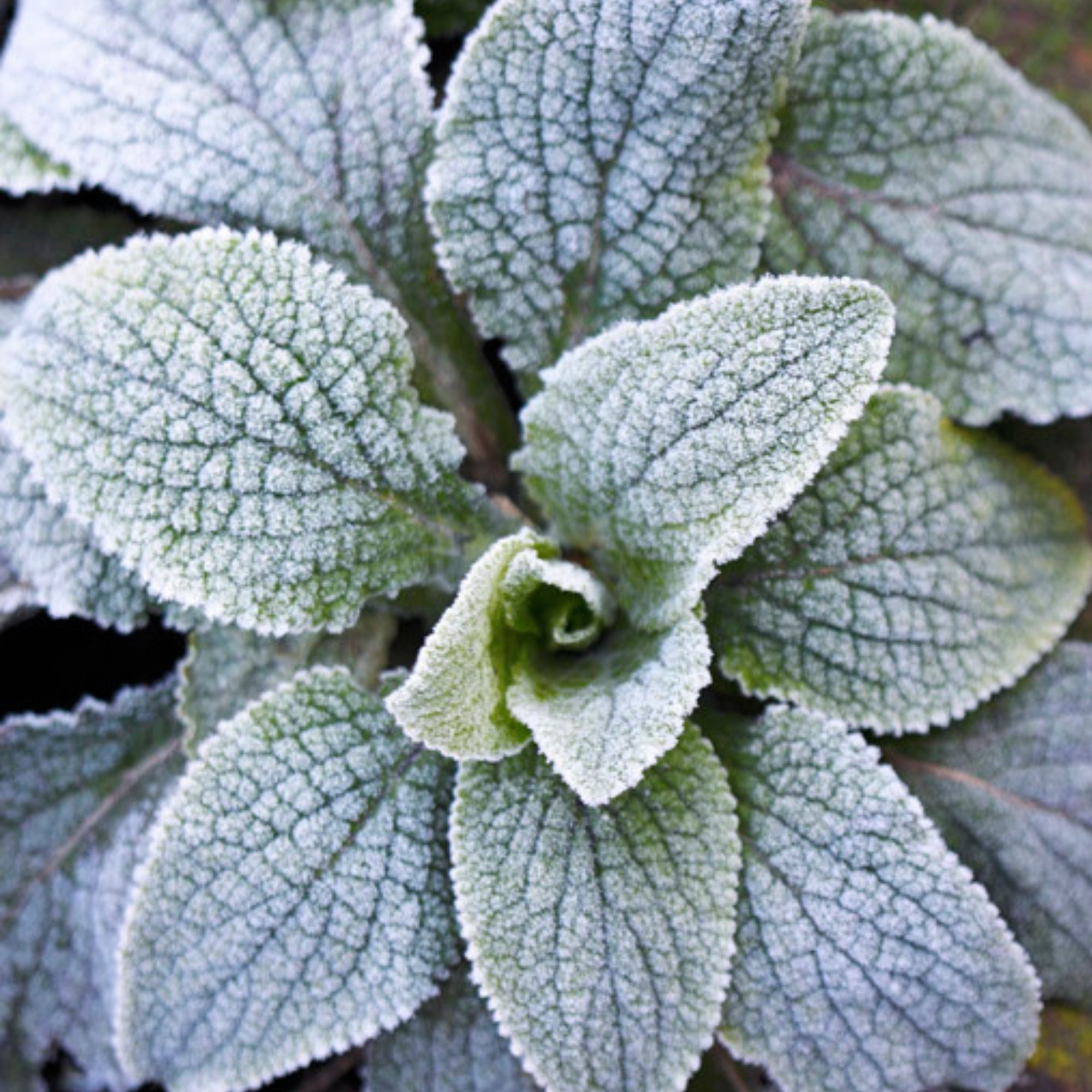
The four-degree rule for frost protection is often relayed by expert gardeners when temperatures begin to drop as they have this week.
‘Whenever an evening temperature is forecasted to be 4°C or below, make sure all tender annuals are protected,’ advises YouTube sensation and grow your own expert, Huw Richards, working with GARDENA to share tips on preparing your garden for the frost.
‘Close the hoop beds, place biodegradable fleece over plantings, and bring peppers indoors.’
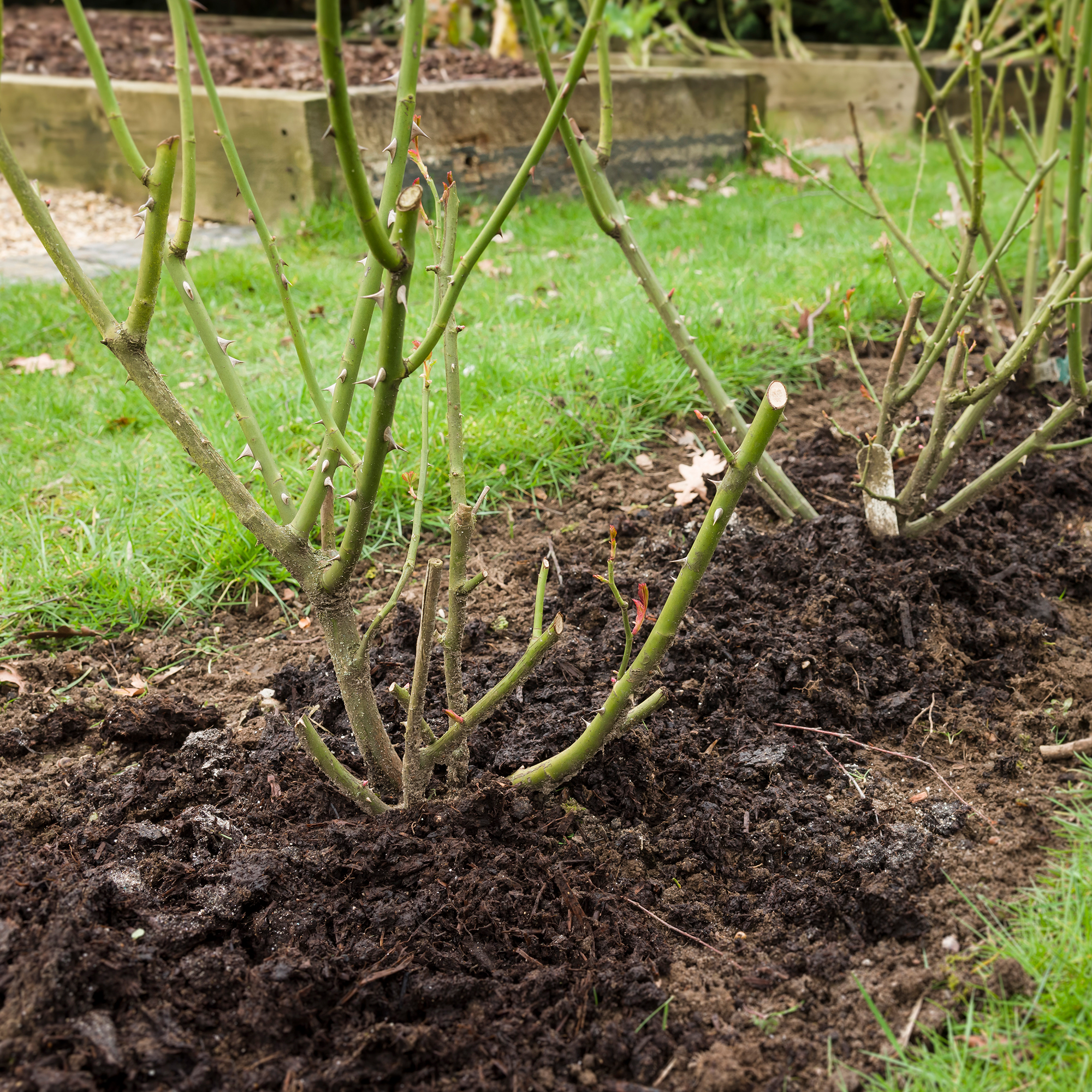
There are plenty of brilliant outdoor plant covers for winter, from traditional horticultural fleece wrap (like this Ambassador frost protection fleece, which is currently £9 at Amazon) to plant jackets like these winter fleece plant covers, 3 Crocus.
Sign up to our newsletter for style inspiration, real homes, project and garden advice and shopping know-how
You can also protect some plants from frost with mulch, using something like RocketGro’s Peat Free Magic Mulch, £18.99 for 50L at Amazon.
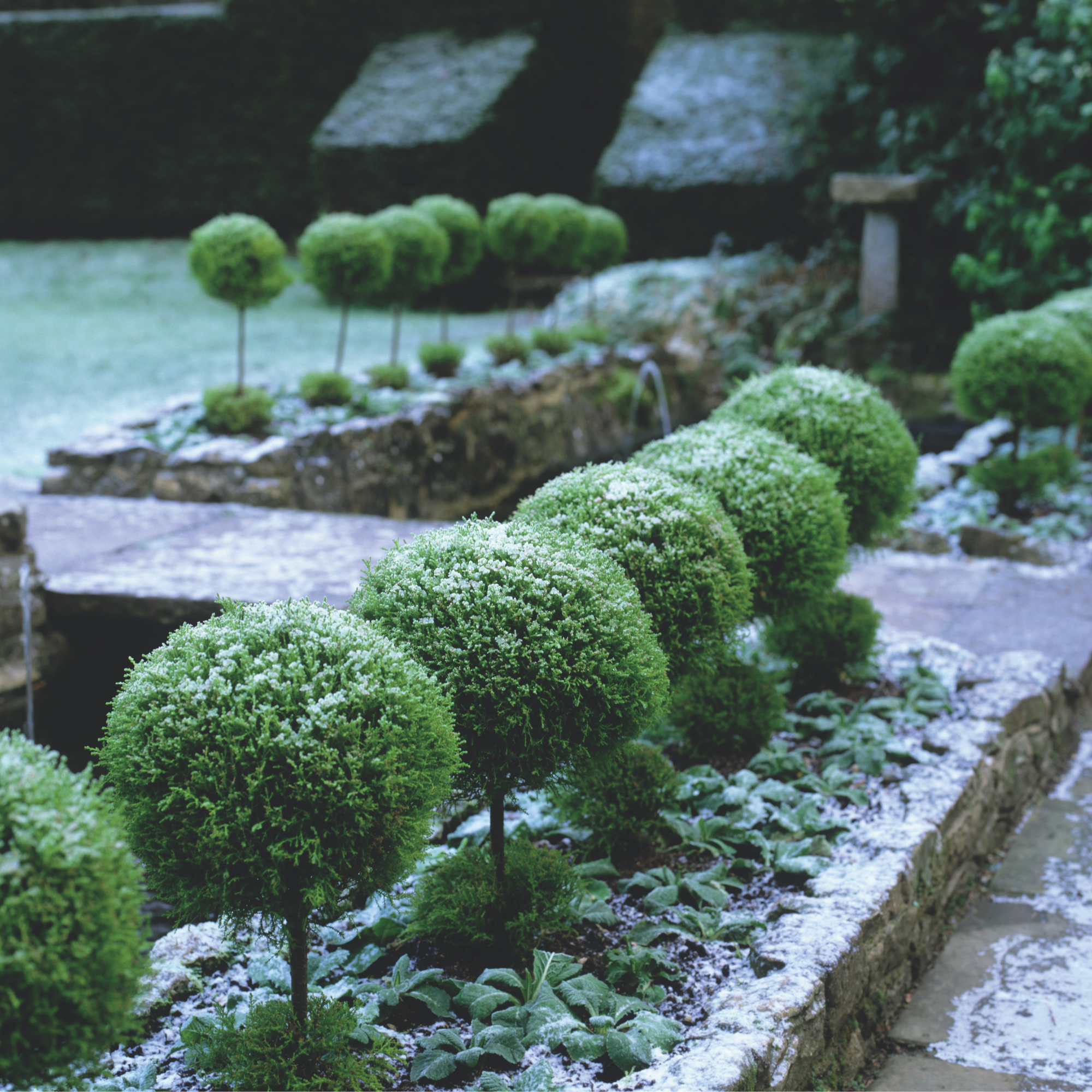
Now, it's easy to stay complacent when the weather hasn't dropped below 0°C yet – it's above freezing after all, right?
Well, the more sensitive plants in your garden can start feeling the effects even when they haven't quite frozen yet.
'Some tender plants can start getting damaged even above freezing, so 4°C gives you a safe buffer to avoid any heartbreaking losses,' explains Julian Palphramand, head of plants at British Garden Centres.
'The four-degree temperature rule is a practical guideline rather than a precise scientific measure, but we do recommend that gardeners start protecting frost-sensitive plants as a precaution when they see a warning of temperatures dropping.'

Of course, the four-degree rule doesn't apply to every plant in your garden. There are plenty of cold-loving plants that thrive over the winter months, or tolerate frost at the very least.
'Some hardy plants like kale or certain shrubs can handle light frost and chillier nights without trouble,' explains Julian. 'But seedlings, young annuals, and tender vegetables such as tomatoes or peppers are much more vulnerable and will benefit from extra protection if that four-degree temperature is reached.'
Besides seedlings and young, tender plants, it's worth finding out which other plants you need to bring inside for the winter.
Frost protection essentials
Keep an eye on the weather forecast and the four-degree rule in mind, and you'll save your tender plants a world of damage!

Sophie joined the Ideal Home team as Gardens Editor in June 2024. After studying English at Royal Holloway, University of London, she began writing for Grow Your Own, which spurred on her love of gardening. She's tried growing almost every vegetable under the sun, and has a soft spot for roses and dinnerplate dahlias.
As Gardens Editor, Sophie's always on the lookout for the latest garden trend. She loves sharing growing hacks for every space, from herbaceous borders to balconies.
